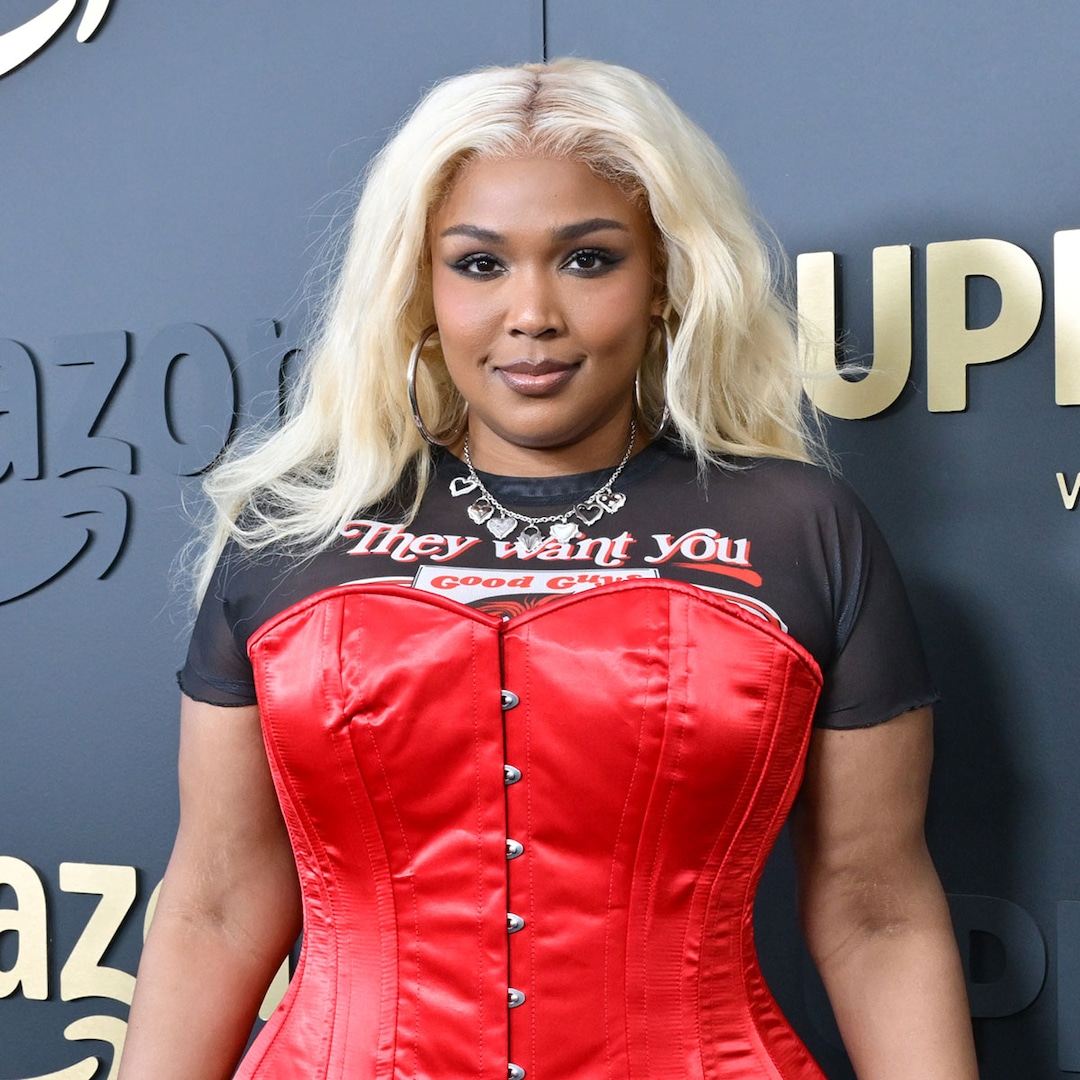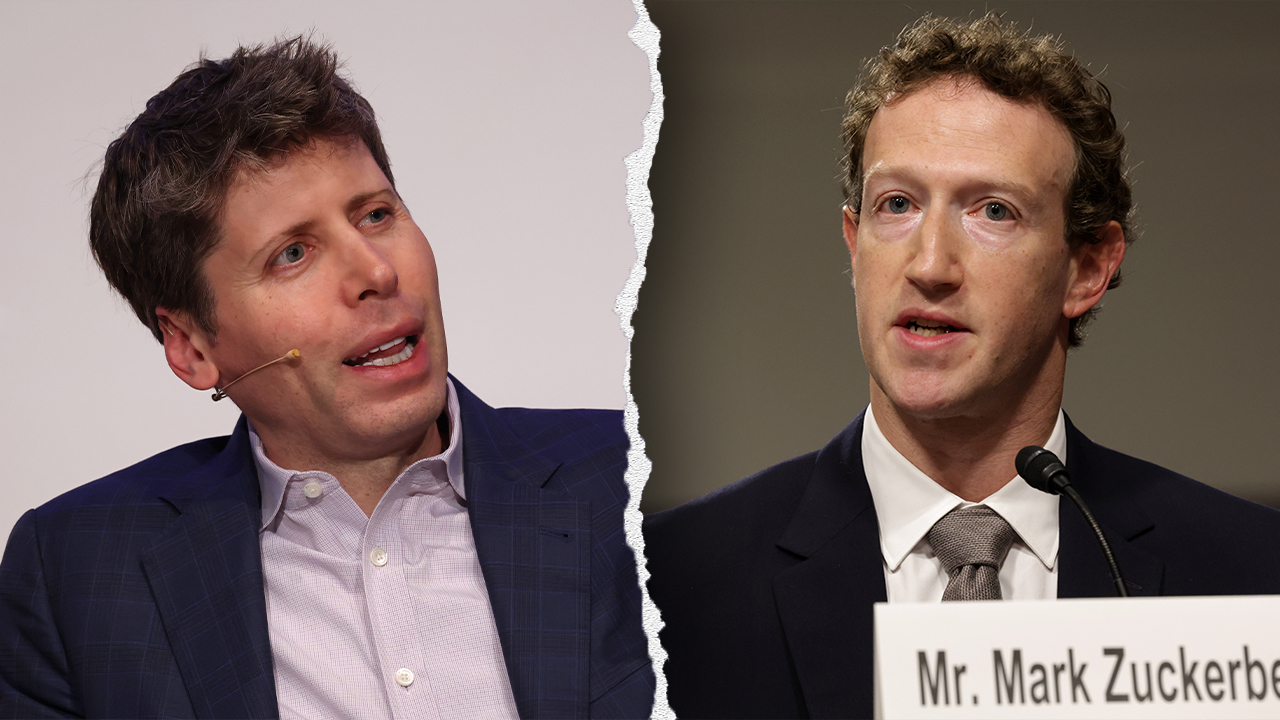12 tips for protecting your privacy as a creator


So, it happened: You've been compromised. Maybe someone used AI to impersonate you, or your Instagram account was hacked, or, scarier yet, you've been a victim of doxxing.
Digital privacy and cybersecurity should be important for everyone. But when your livelihood — both creatively and financially — is dependent upon your digital reputation and your social media accounts remaining independent and safe, it's particularly crucial that you avoid scams and prioritize your digital health and safety.

"There is an unprecedented amount of information out there that makes us more vulnerable than ever before to privacy and security risk," Patrick Ambron, the founder and CEO of BrandYourself.com and HelloPrivacy.com and head of privacy solutions at Array, said at VidCon 2025.
During the panel, "Hacked: Creator Privacy & Security," Array gave a dozen tips for staying safe online in three main categories: physical protection from stalkers and doxxers, cyber hacking protection from ransomware and account takeovers, and brand reputation from deepfakes and impersonators. Here's some tips from Ambron on how to stay safe from doxxing and more online:
Physical protection: Minimize the information publicly available
Remove yourself from data brokers and people search sites
Google yourself and remove what you can
Scrub photos from real estate sites and Google
Check social media and delete any unnecessary personal information
Use a P.O. Box or virtual business address for fan mail and business inquiries
Never use personal phone or address on any material — digital or otherwise
Brand reputation: Be mindful of what you share
Avoid photos that reveal location clues, like license plates, house exteriors, street signs and addresses, or even landscapes and trees
Set Google Alerts for your name, user name, and brand phrases to monitor for deepfakes and impersonation
Reverse image search regularly
Verify all of your official accounts
Cyber hacking protection
Secure your most important accounts. You can do this by conducting a dark web scan, setting up two-factor authentication, use a password manager, and manage permissions for anyone with access to your accounts.
Use a separate email that you never share for financial accounts
Complete a Google Privacy check-up
Use an Ad-Blocker
Use secure platforms for browsing and searching like DuckDuckGo, Brave, or Tor.
If you are compromised or targeted, Ambron recommends notifying the platform immediately. He says you can report it quickly, use copyright or DCMA claims, leverage new laws like the Take It Down Act and warn your audience. But ultimately, Ambron says, it can be incredibly difficult to fix this once you are compromised, so taking preventative action is very important.
Have a story to share about a scam or security breach that impacted you? Tell us about it. Email [email protected] with the subject line "Safety Net" or use this form. Someone from Mashable will get in touch.
Mashable will be live at the Anaheim Convention Center this week, covering VidCon 2025. Check back in the days ahead at Mashable.com, where we’ll be talking to your favorite creators, covering the latest trends, and sharing how creators are growing their followings, their influence, and making a living online.

















































.png?Expires=1838763821&Key-Pair-Id=K2ZIVPTIP2VGHC&Signature=IO0~CT3pU-TcxGc~yoZSmoQx23MZVuK-~4jSii~NKEblRmyO3el7NXPu~Rh1o23voASg7hlcHLw4kvQuDK1jssEhcjoNBBvEpZ~GGOAU6yosBhpHpeF179F~h7i6VxmsBNh9gtTutkoqY73O2YCFey~IAqSzKbBqETP1kP9cAg1916Z1YkJJs-5MliMrkZ5d7-mWGLbpHp2wGj2VlMph8XzYlL4~y1O7fB~JdIS~Rs4RMRs2x0WT1qUIpHAsf3GdwtOyAmKFSpIg8xCyNGZZ5h~13nXlmpd7uPvW8tBfttpG9pFTqcway-uch5WyfHOEfi7UlJCOWrr6fCYY5PMgSg__)







